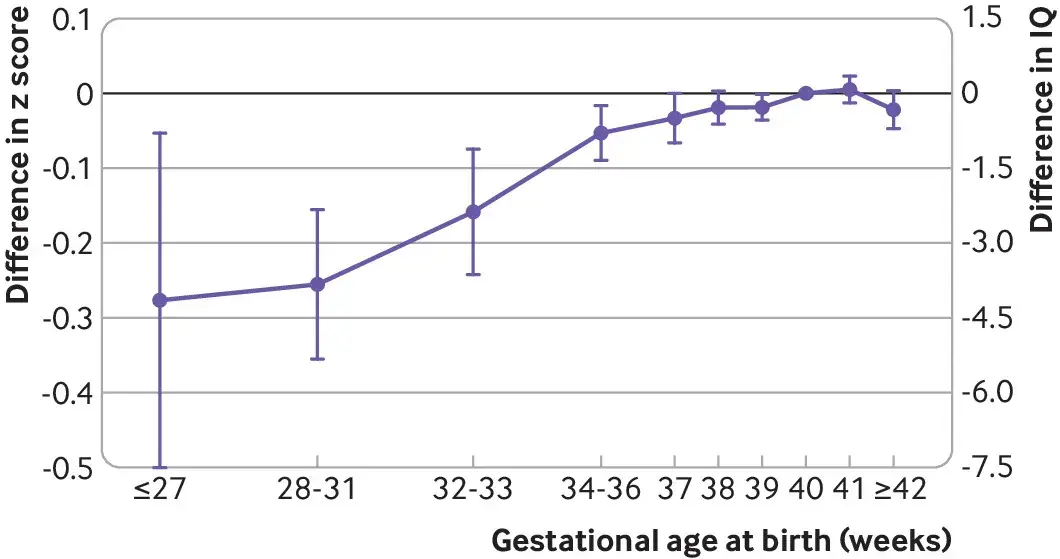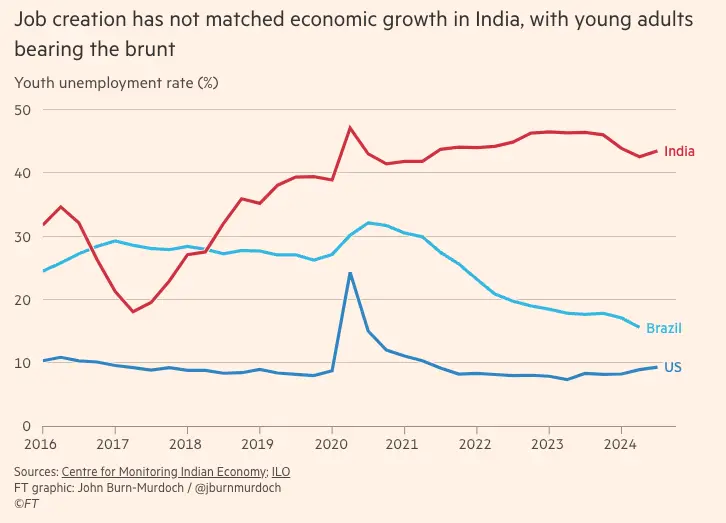Jan & Feb '25

-
The case for colonialism.
“Imperial expansion was frequently the result not just of European push but also of indigenous pull.” In Borneo, the Sultan of Brunei installed an English traveler James Brooke, as the rajah of his chaotic province of Sarawak in 1841. Order and prosperity expanded to such an extent that even once a British protectorate was established in 1888, the Sultan preferred to leave it under Brooke family control until 1946.
-

Every week of gestation was significantly associated with increased IQ, but the strongest association was observed in the very preterm range, before 32 weeks gestation.
At 37 weeks, 10.5% of babies later failed to meet a mathematics benchmark, versus 9.3% for week 38, 8.3% for week 39, 7.7% for week 40, and 7.6% or week 41.
-
How to stop worrying and love Lynn’s national IQ estimates.
For example, people with Down’s Syndrome may have trouble speaking, or speak abnormally. But this is primarily because Down Syndrome affects hearing (through ear structure abnormalities) and speech production (through tongue/mouth/chest abnormalities). The cognitive issues are only responsible for a small part of the deficit.
-
Musings about the past/present/future of sarcopenia therapeutics.
Parahiba (2020): The initially significant effect size of testosterone treatment on handgrip strength (+1.58 kgf [0.17, 3.0]) dropped to a non-significant +0.43 kgf [-2.05, 2.90] after excluding low- to mid-quality studies.
-
The results were striking – food that spent 45 minutes in the takeout containers showed 34% higher levels of plastic chemicals overall compared to the same dishes tested directly from the restaurant. The increase wasn’t uniform across all chemical types: phthalate substitutes showed the biggest jump at 40%, while phthalates increased by a more modest 15%.
-
What the ‘year of democracy’ taught us.

-
Building a calculator app from scratch.
-
Book Review: Imperial China.
Roughly half of the Khitan aristocracy, including the royal clan, immediately adopted Chinese customs, moved to the city, and began building a bureaucracy. The other half, including the clan that Khitan kings traditionally picked their wives from, stayed in the steppe and had nothing to do with any of this. They then established two governments, two sets of laws, two taxation regimes, two writing systems, two of everything. One was civilized, the other was barbarian.
-
Creating a highly-integrated open-source laptop from scratch.